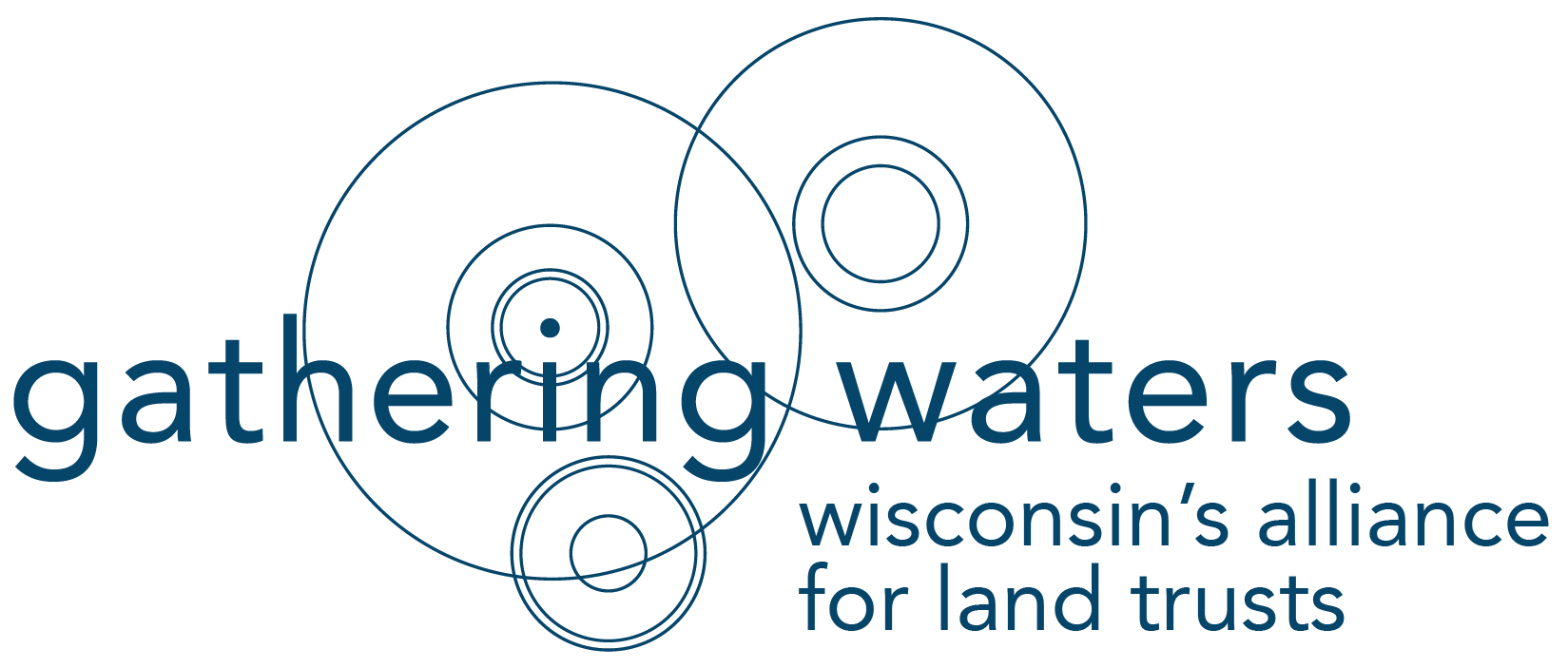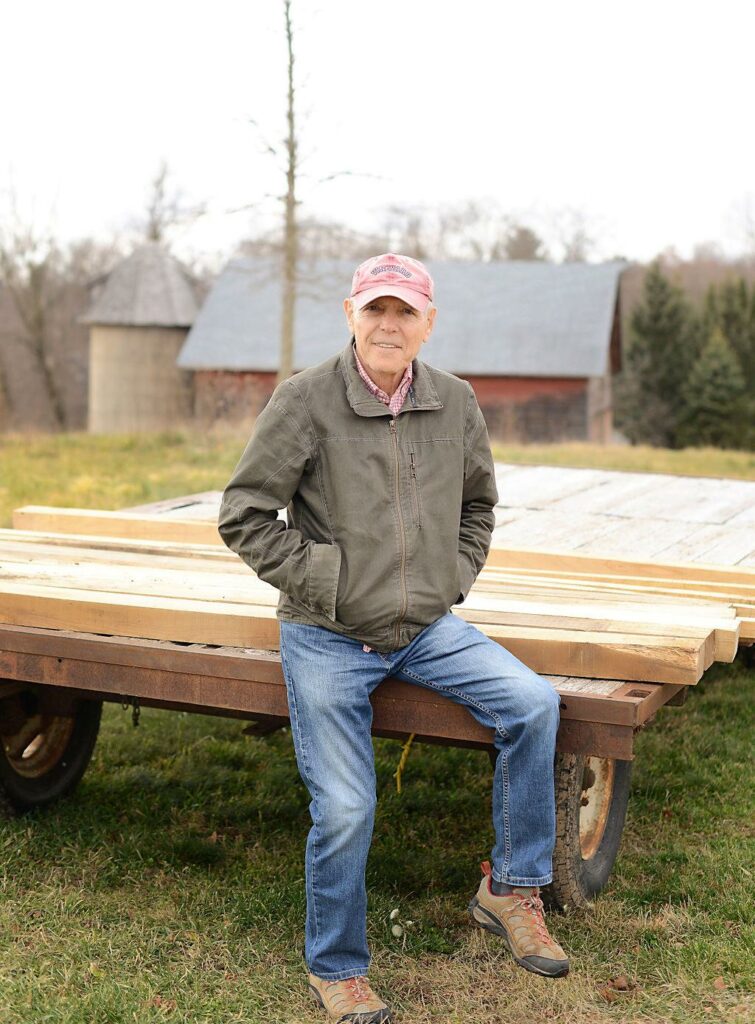John Gehl of Hartland, founder of the Faye Gehl Conservation Foundation, is on a mission to “Keep the Country in Lake Country.” John works to regenerate the health of Wisconsin’s working lands and shape the future of conservation in Lake Country. Thanks to John’s passion for farming and making a difference in the world, the Faye Gehl Conservation Foundation (FGCF) has become a prominent leader in Wisconsin’s land conservation movement. John was the distinguished winner of the 2021 Rod Nilsestuen Award for Working Lands Preservation. He received his award on July 29, 2021 at an event hosted by Tall Pines Conservancy on its Eschweiler Lavery Conservation Easement in northern Waukesha County.
John moved to Lake Country in 1952, at age 14. Having worked at his uncle’s dairy farm for several summers as a child, John enjoyed the working landscapes around him. But in the early 1990s, he noticed that more and more farms were being sold. John soon became aware of the plight of many of Wisconsin’s family farmers who struggled to make a living on farms with depleted soil. At the end of their resources, many farmers relieved their stress and made a profit by selling their land for development.
With a passion to make a difference and preserve the countryside, John began experimenting with various farming methods to see if he could help make farming profitable for small family farms. This idea coincided with his reading of Aldo Leopold’s A Sand County Almanac. John’s introduction to the land ethic (the idea that the care of people cannot be separated from the care of the land) fundamentally changed the way he saw the problem of agriculture in southeast Wisconsin. This collision of philosophy led to John’s self-proclaimed identity as a carbon farmer.
If you are ever fortunate enough to meet John on one of FGCF’s farms, he will personally welcome you to “Carbon Country.” This greeting is his way of reminding himself that soil health is the most important ingredient to farming success.
Today, John and FGCF continue to blaze a trail at the intersection of land conservation and regenerative agriculture. FGCF owns several farms where John implements innovative agricultural strategies to restore soil health and improve the lives of animals, farm workers, and the local community. By constantly testing and improving practices, he contributes to the science of sustainable and regenerative agriculture and serves as a model for other farmers.
In 2012 and 2013, FGCF partnered with Tall Pines Conservancy to protect two farms, the 233-acre Zwieg Farm in Ashippun and the 112–acre Koepke Pleasant View Farm in Oconomowoc. Both farms were protected through governmental programs that require a local match of funding, provided in large part by the Faye Gehl Conservation Foundation.
The protection of the Zwieg and Koepke farms marked the first time that land in the Lake Country area was protected by a public/private partnership that compensates landowners for permanently giving up their right to develop their land. Known as a conservation easement, this perpetual agreement passes on to all future owners to ensure these farms will remain farms forever. Support for these inaugural projects has spurred the protection of additional land in the area through this same process.
John’s “carbon farming” initiatives are more important than ever in the face of climate change. By endeavoring to keep the “country” in Lake Country, John and his foundation are leading the way to a sustainable future for Wisconsin’s working lands.



